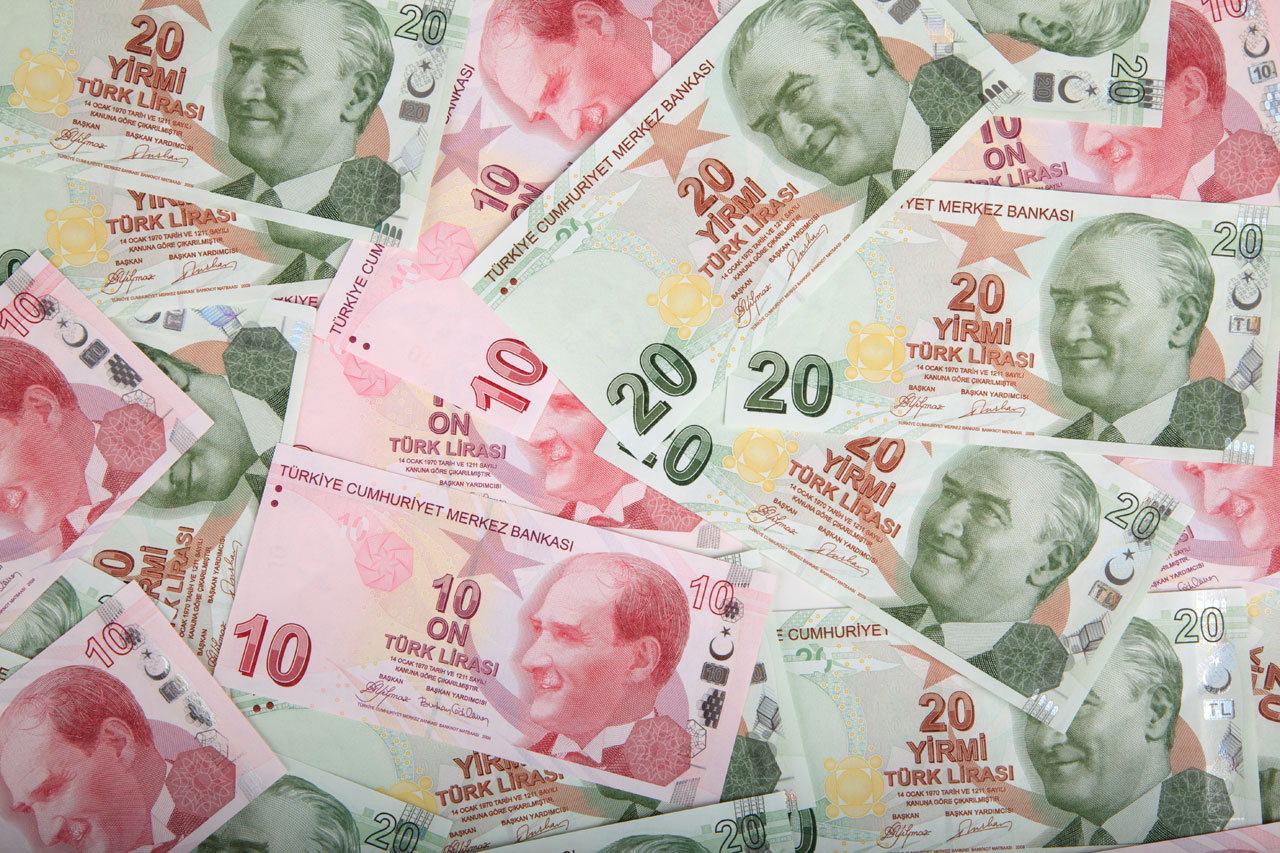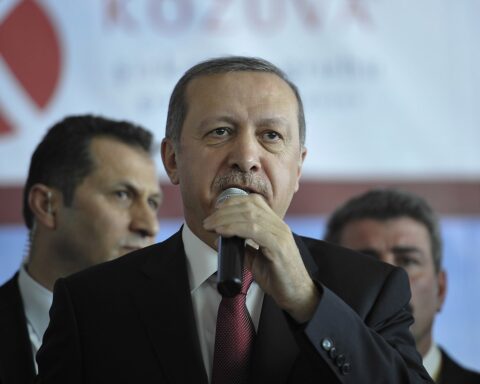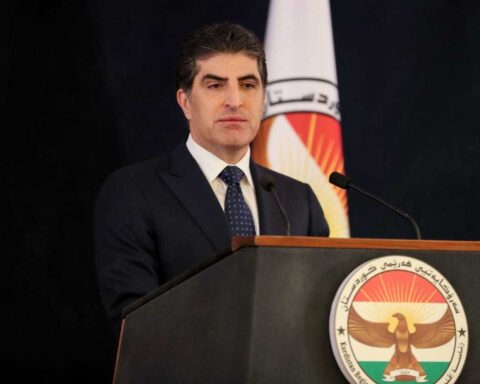ANKARA (Parliament Politics Magazine): Turkey’s currency exchange arrangement with the UAE is a very needed boost of confidence for the country’s economy when Ankara is looking for foreign resources and confronting rising inflation rates.
Analysts have cautioned, however, that this agreement wouldn’t solve the lira’s core difficulties.
The two countries have agreed to a three-year deal worth $4.9 billion that covers trade and finance.
Turkey’s foreign exchange reserves are likely to be boosted by securing foreign swap lines.
While the currency exchange is a positive sign of long-term confidence in the country’s economy, it wouldn’t address the core causes of Turkey’s economic problems. A lot of these issues are connected to decisions based on nontraditional economic policy, according to a senior resident scholar at the Arab Gulf States Institute in Washington, Robert Mogielnicki.
Mogielnicki believes that currency swap injects some cash into recent efforts to repair tense relations between the two nations.
“The UAE is likely interested in using the currency swap to better position Emirati firms and investors to engage with Turkish markets as well as to support foreign policy objectives,” he said.
Currency swaps, according to Mogielnicki, eliminate reliance on some other currency and so prevent fees stemming from exchange rate instability and cost of transfer , paving a path for increased investment and trade between the UAE and Turkey countries.
He added, the larger MENA region is not likely to suffer as a result of the currency. He doubts the arrangement is very significant for the region.
The swap arrangement with the UAE, according to Enver Erkan, chief economist of Tera Investment in Istanbul, is a significant step toward improving the Turkish Central Bank’s gross foreign exchange reserves.
On the flip side, it is taken into account that the economic situation in regards to net reserves, minus swaps. While net reserves are about $8 billion in the current situation, “net reserves excluding swaps show a grim picture of minus $56 billion,” he said to the Arab News.
A possible currency swap line is also being discussed between the central bank of Turkey and its peer in Azerbaijan.
Swap deals are mostly used by nations that engage in trade (large-scale) connections with one another to finance a portion of those relationships that is paid in domestic currencies.
Turkey has $23 billion in exchange agreements with Qatar, South Korea and China already.
The Central Bank of Turkey’s total swap number with central banks of foreign countries now stands at $28 billion as a result of this new currency swap deal.






